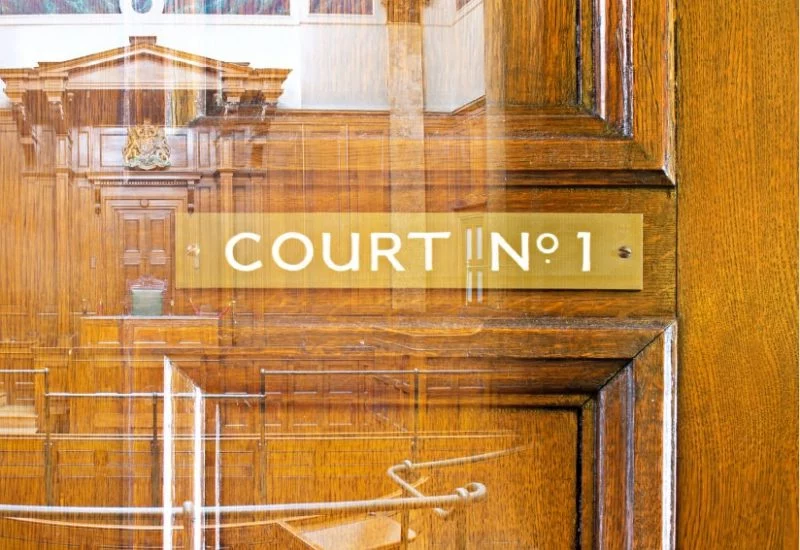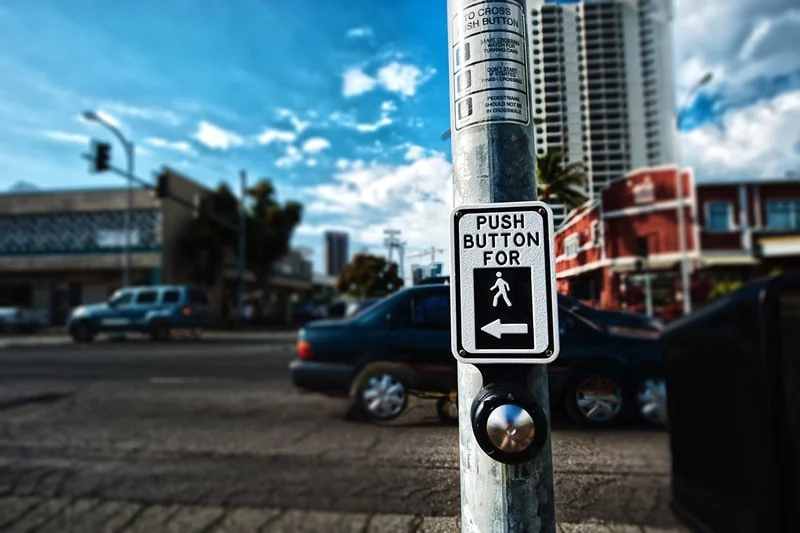- 18 Sep 2023
- •
- 3 min read
What powers do health and safety inspectors have?

A health and safety inspector (known as an HSE inspector) from the Health and Safety Executive or a local authority has wide-ranging powers under section 20 of the Health and Safety at Work etc Act 1974 (HSWA) for the purpose of enforcing workplace health and safety law.
We have set out the HSE powers below, but in our view, one of the key powers is in relation to the obtaining of statements. It is important to understand from a health and safety inspector whether they are inviting you or a member of your staff to give a voluntary statement or invoking their power to take a statement under section 20 HSWA. The difference is important as a statement made under section 20 HSWA cannot be used against the maker of that statement in any subsequent proceedings.
If you don’t comply with a health and safety inspector’s lawful requests, you and/or your organisation could face prosecution for obstruction, so it is important that you understand what powers an inspector has.
Health and safety inspectors’ powers under the Health and Safety at Work etc Act 1974 (HSWA) include:
- at any reasonable time (or, in a dangerous situation, at any time) entering any premises which the inspector thinks it is necessary to enter. The inspector does not need an appointment. If you are worried about whether an inspector is who they say they are, ask to see their warrant. The inspector may bring along a police officer if they anticipate being obstructed;
- carrying out any examination or investigation as may be necessary;
- directing that premises are left undisturbed and taking measurements, photographs, recordings and samples of any articles or substances found in the premises;
- carrying out tests on or making safe any articles or substances which have caused or are likely to cause danger to health or safety;
- taking possession of any articles or substances which have caused or are likely to cause danger to health or safety and detaining them for so long as is necessary for them to be examined or to ensure that they are not tampered with and are available for use as evidence;
- requiring any person whom the inspector reasonably believes is able to give any relevant information to answer questions and to sign a declaration of the truth of the answers given. Often, witnesses will give statements voluntarily. However in some cases, inspectors will need to invoke the power to obtain information. A witness giving a statement under section 20 can nominate someone to be present at the meeting with the inspector and is protected to the extent that anything they say in response to being required to give information cannot be used against them in any proceedings;
- requiring the production of, inspecting or taking copies of, any entry in any books or documents which by law the business is required to keep and any other books or documents which it is necessary for the inspector to see. If the inspector is exercising this power, they can only take copies of relevant documents; they are not allowed to retain original documents. If the inspector is unable to copy a document at the premises, they can take away the document to copy it but must return it as soon as the copy has been taken. Also, none of the powers that an inspector has allows them to take copies of any documents which may be covered by legal professional privilege, which may well include correspondence with a solicitor. If in doubt, take advice from your solicitor;
- requiring facilities and assistance to be provided, such as an office for interviews;
- any other power which is necessary for the inspector to exercise for the purpose of enforcing workplace health and safety law. This may include, for example, requiring you to print out any relevant information from your computers or to hand over an original document. This is not a carte blanche for an inspector to do what they like. Exercising this power has to be necessary, justified and proportionate. If an inspector does not exercise their powers properly, a court in any subsequent criminal prosecution may rule that any evidence gathered as a result cannot be used in the court proceedings.
If an inspector enters your premises using their section 20 powers, they cannot then search the premises and seize items. The inspector can only conduct a search with your informed and written consent (which you are not obliged to give).
How can we help?
If you need any assistance with understanding what a health and safety inspector can and cannot do, then please get in touch with us on 023 8032 1000 and our health and safety solicitors will be delighted to help.


